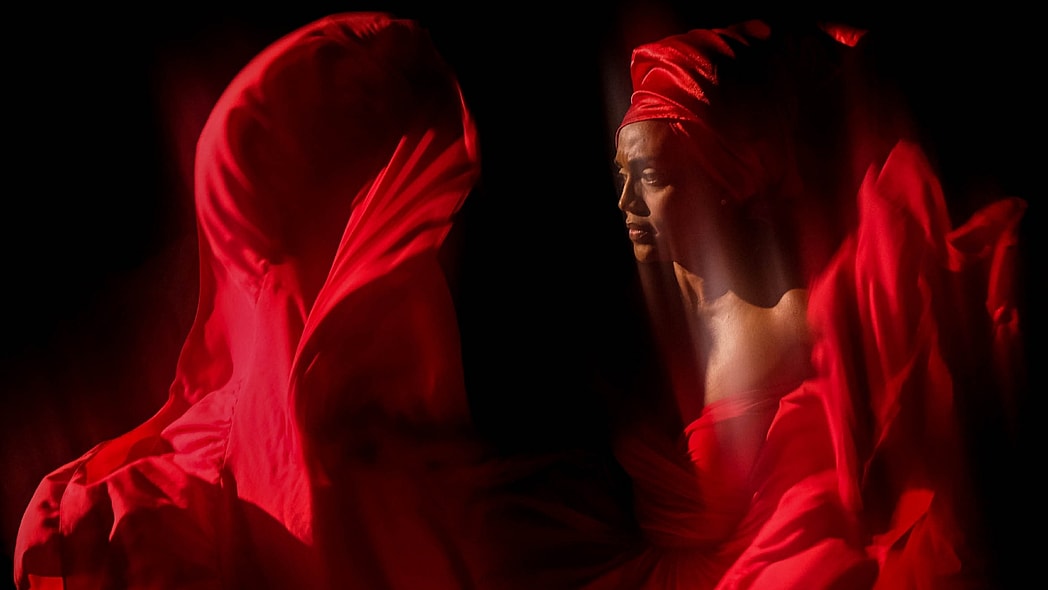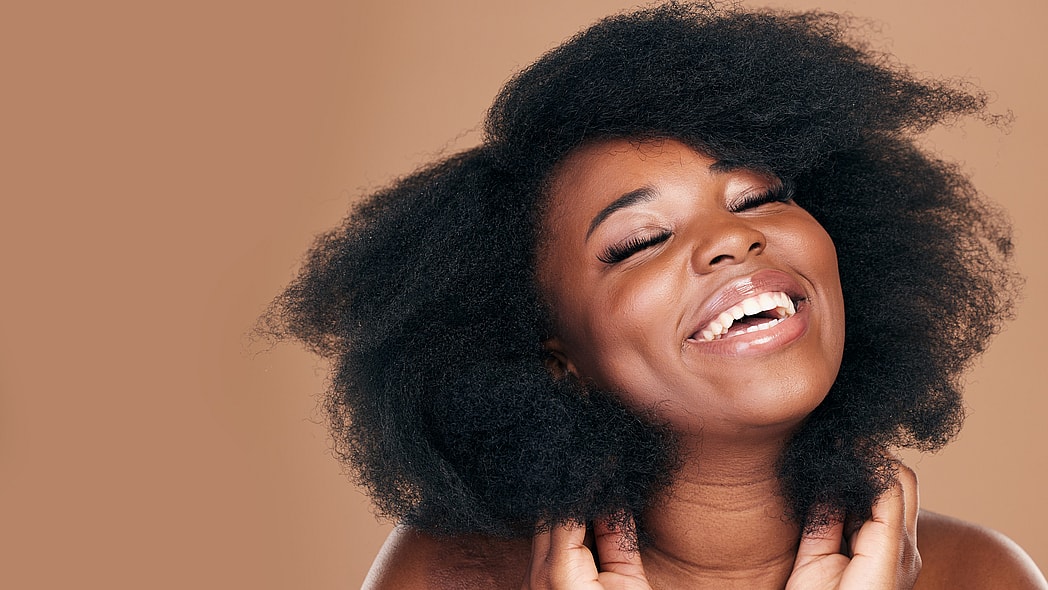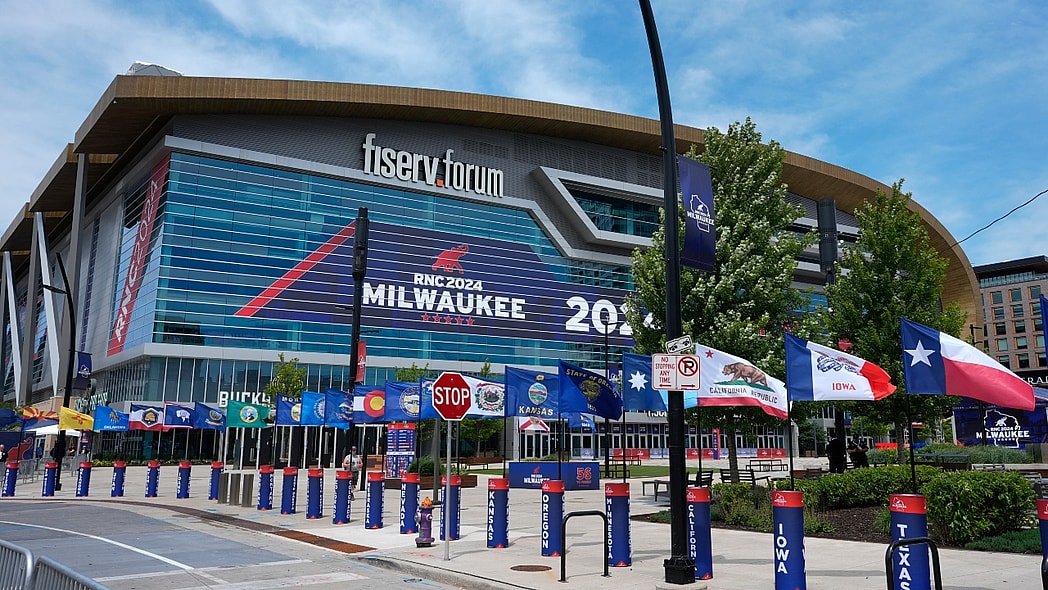When Cynthia Collazo Pacheco was a 5-year-old girl growing up in Puerto Rico, she begged for a perm. After being called names like “monkey” in school, she’d come to think of her natural Afro-textured hair as a problem. But even a perm didn’t fully resolve the hate.
“I would receive a lot of abuse from my classmates and comments about ‘smells like burnt hair,’ my hair, being called ‘dry,’” Collazo Pacheco told theGrio. “I hated my hair because I didn’t even know how it looked, but I knew that it wasn’t good, and there was a reason why my mother specifically had chosen to relax my hair.”
Cynthia is co-founder of Colectiva Resistencia Cimmarona (Maroon Resistance Collective), a group of Black activists partnering with 28 organizations in Puerto Rico, such as the magazine, Revista Étnica, and feminist health organization, Taller Salud, to obtain legal protections for Afro-descendants with natural hair.
Beyond anti-Black sentiments toward natural hair, there are often rules in the workplace and schools that ban Black and natural hairstyles like locs, cornrows, afros and more. The activists joined forces with a history-making Black female senator on the island, Ana Irma Lassen, to propose a law known as Senate Bill 1282. The legislation would specifically ban discrimination against natural hairstyles in the workplace and school, going beyond the generic anti-discrimination laws currently on the books. The campaign for the new law is known as “Mi Cabello es Mi Corona” (“My Hair is My Crown”).
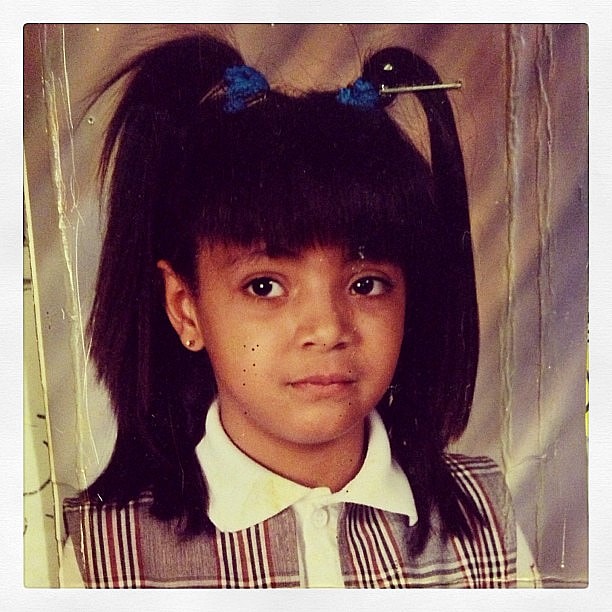
Alanis Ruiz, one of the co-founders of Colectiva Resistencia Cimmarona, said being bullied for her hair in school, taking an anti-racism course, and seeing Black women get the CROWN Act passed in the continental U.S. inspired her to develop a solution.
“I thought, wow, it would be … really good for us to have legislation like this in the island, particularly because of what we were sharing in that space where other young people, Black people, and Afro-descendant people were talking about their experiences with their hair,” Ruiz told theGrio.
After more than three years of rallying to propose the law and submit it to Puerto Rico’s House of Representatives, the law (known as “Ley Contra la Discriminación por Raza y Origen Étnico en la Adopción de Estilos Protectores” or “Law Against Discrimination by Race and Ethnic Origin in the Adoption of Protective Styles”) passed in the Puerto Rico House of Representatives.
After an intense public hearing in January 2024 of powerful testimonies about hair discrimination, the bill passed in the Senate. However, it took writing a letter and an AFRO Hair Pride Demonstration outside of the Puerto Rican capitol in May to get fully approved. Nevertheless, it is still awaiting the signature of Governor Pedro Pierluisi. If he doesn’t sign by the end of the term, the bill will get tossed, and the activists will have to restart their legislative campaign.
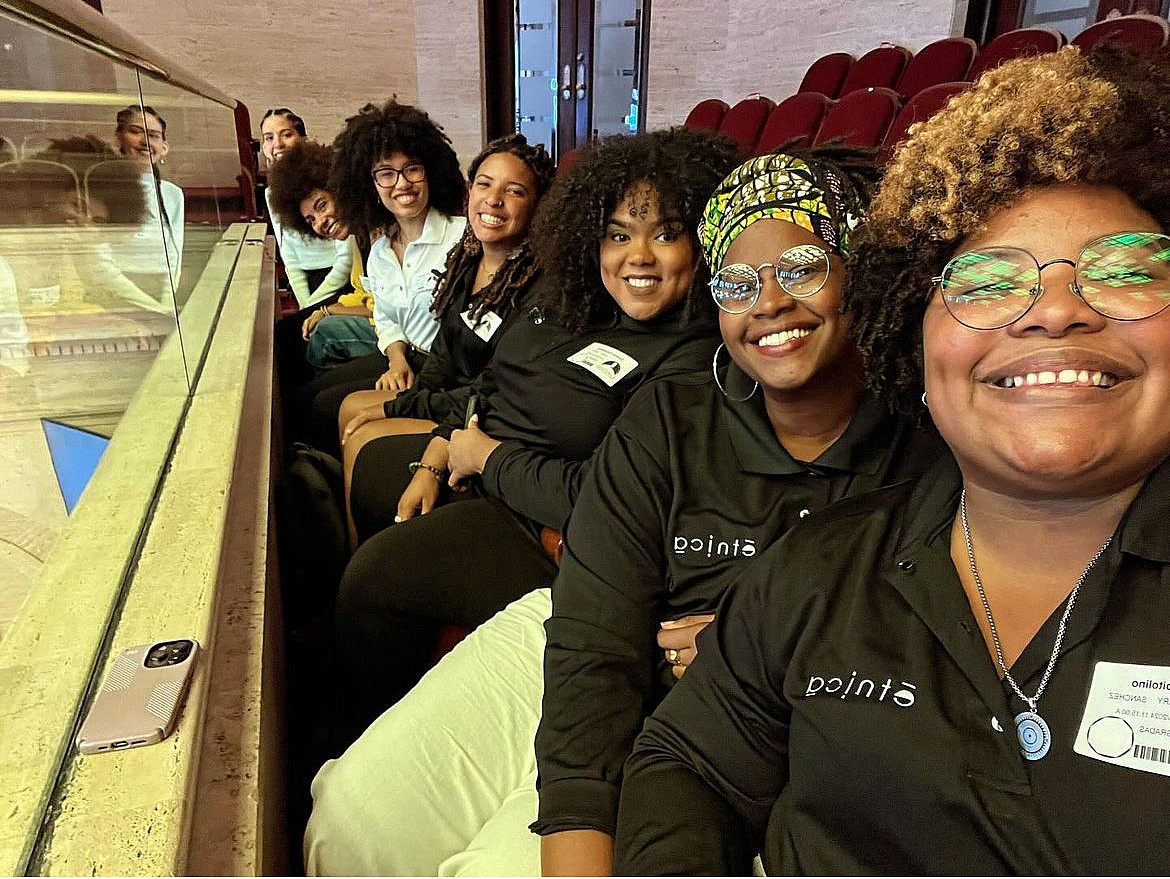
The issue is painfully personal and urgent to the activists involved.
“When I was in the third grade, I studied in a private institution, and I did some corn rows, and they told me that I couldn’t be in the classroom, that I couldn’t be in the school because of my hairstyle,” Ruiz recalled. “I was so confused because I loved it, and I felt so beautiful. My parents … removed the braids, and I never used braids after that.”
Acclaimed Black Puerto Rican author and professor Mayra Febres Santos said the impact of hair discrimination on the archipelago is about more than hurt feelings.
“It hinders the access of Afro-Boricuas to schools, to education, to higher pay, to higher level jobs,” Febres Santos told theGrio.
Having seen her own children face discrimination for natural hairstyles, Febres Santos said the root of the problem is racism that is downplayed in a society where Latino “mixedness” or “mestizaje” is often used to deny anti-Blackness.
“In Puerto Rico and in many places in Latin America and the Caribbean, racism operates by the negation of racism,” Febres Santos explained, pointing out a common defense that there were “no lynchings” on the island.
“In Puerto Rico, there is no lynching, but we’re killing you softly by denying you to get out of poverty and marginalization,” she continued. “You trap the Afro-Boricua population in poverty, or you force them to migrate.”
Taking on an issue like natural hair discrimination can bring about a lot of backlash, and both Alanis and Cynthia received numerous angry online comments for speaking publicly about their experiences. Both women said there has also been resistance to Senate Bill 1282, specifically from the business community, because they want to retain their right to setting workplace rules and dress codes.

“We know that in Puerto Rico and in the United States, more than 50% of Black women are outside of the work field. This is not just because they’re Black women, it’s because Black women experience discrimination for being Black,” said Joniel Pacheco Muñoz, another activist working on the campaign.
Pacheco Muñoz believes in the power of natural hair and culturally Black hairstyles.
“Protective hairstyles will give you a step into dismantling the system of racism,” Muñoz told theGrio. “This allows people to start moving away from the oppression and marginalization so they can start educating themselves.”
For Collazo Pacheco of Colectiva Resistencia Cimmarona, after her early years of trying to conform to a eurocentric standard of hair beauty, found true liberation in going natural – a change she credits to Black American women for giving her inspiration.
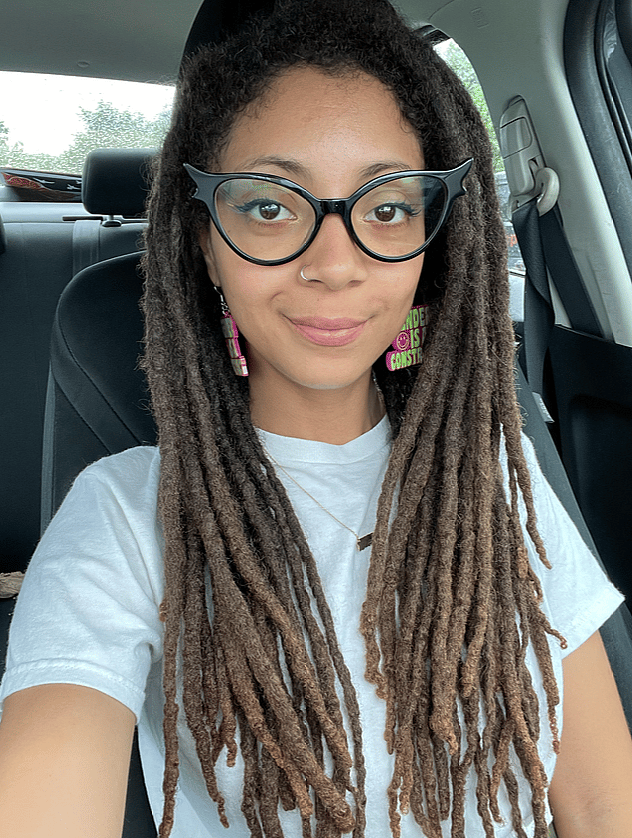
“Thanks to the internet and Black women on the internet specifically, women from the United States who were making content right around 2010 –their videos about product junkies and what to use, and the kinky curly [custard] and gel — I learned how to manage my own hair by myself, and I had my loose hair for about ten years,” Collazo Pacheco tells theGrio.
Febres Santos, the author and professor, hopes more people will reflect on this connection between Black women in Puerto Rico, who may be island-born or have immigrated, and Black women in the continental U.S.
“The story of that connection is not being told. But there is a very strong connection between the African-American communities and … African American feminisms, and feminisms, in Puerto Rico,” she maintained. “The Young Lords and the Black Panthers, the Black Lives Matter movement that is now global … and also the readings and the teachings of the Combahee River collective. We are a diasporic community.”
While activists await Governor Pierluisi’s decision on whether or not to sign Senate Bill 1282, Cynthia reflected on how wearing her newest hairstyle – locs – gave her an even deeper level of self-acceptance than she ever experienced before. She described it as “one of the most life-changing periods of my life.”
She added, “The process of allowing your hair to loc and just seeing where it goes – seeing the beauty form in you – it’s like seeing a tree grow.”
Natasha S. Alford is VP of Digital Content and a Senior Correspondent at theGrio. An award-winning journalist, filmmaker, and TV personality, Alford is the author of the book “American Negra: A Memoir” (Harper Collins). Follow her on Twitter and Instagram at @natashasalford.


